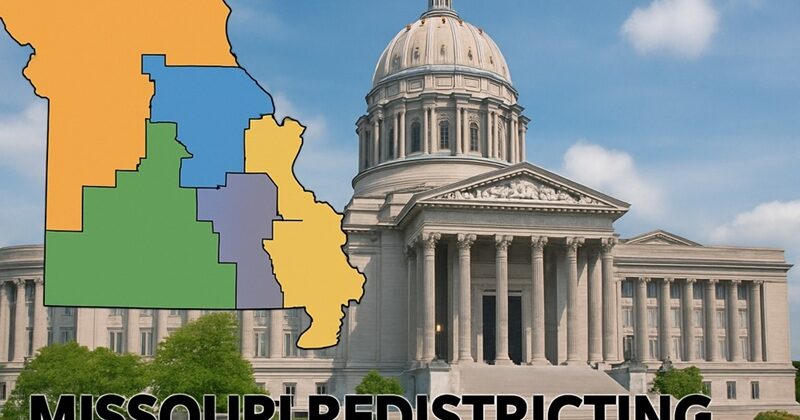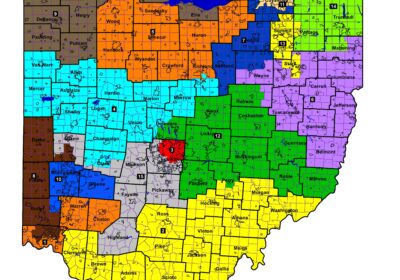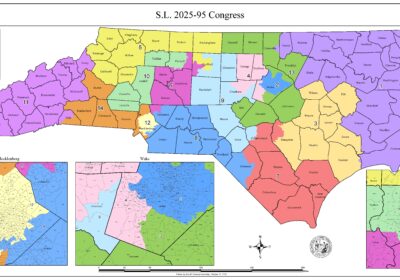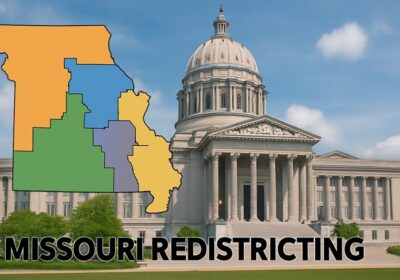The Missouri Senate recently concluded a special session by passing a new congressional map and a proposal aimed at restricting the initiative petition process. The redistricting plan, approved by a 21-11 vote, seeks to convert U.S. Rep. Emanuel Cleaver’s Kansas City-based 5th District into a Republican-leaning seat, marking a significant reversal from past legislative sessions. This push for new district lines was notably influenced by President Donald Trump, who reportedly pressured GOP-led states like Missouri to enact new maps before the 2026 midterm elections. The measure faced strong opposition from Democrats, who questioned the constitutionality of mid-decade redistricting, citing the use of outdated census data and potential violations of equal population standards. Concerns were also raised about the map’s impact on communities, particularly the splitting of Kansas City along Troost Avenue, which historically divided Black and white communities, potentially diluting African American voting power in violation of the Voting Rights Act. Immediately following its passage, multiple lawsuits were filed by groups including the ACLU of Missouri and the Campaign Legal Center, contending that the new map violates state constitutional requirements for compactness and equal population, and that no provision authorizes mid-decade redistricting.
The future of both the new congressional map and the initiative petition reforms remains uncertain, as they face significant challenges outside of the legislature. A group named “People Not Politicians” has announced plans to collect over 100,000 signatures across six of the eight congressional districts to place the new map before Missouri voters in a statewide referendum. If enough signatures are gathered within 90 days of the special session’s end, the map would not go into effect unless approved by Missourians. This process could potentially delay its implementation past the 2026 election cycle. While the Secretary of State’s office initially rejected the referendum submission, the group plans to resubmit once Governor Mike Kehoe signs the bill, which he has 45 days to do. Concurrently, the Senate also approved a proposal that would require constitutional amendments initiated by voters to pass statewide and in all eight congressional districts, a move its backers say ensures broad consensus for changes to the state constitution. This reform, however, has drawn criticism from Democrats and powerful groups like the Missouri Association of Realtors and the Missouri AFL-CIO, who are prepared to spend millions to defeat it, arguing it significantly weakens the public’s power to circumvent the legislature. Read more at stlpr.org, aclu.org, and npr.org.
Find us on:




